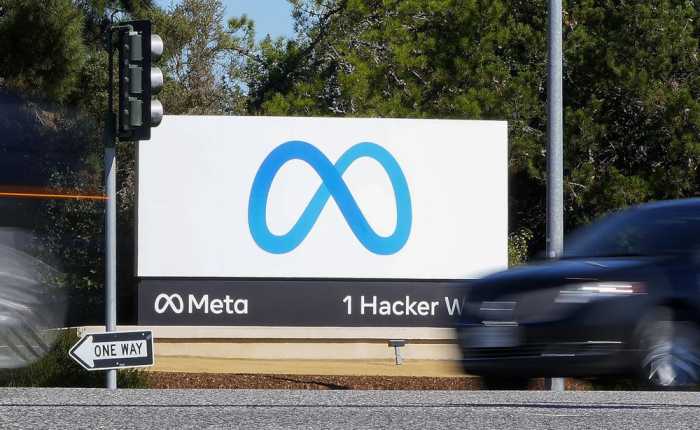|
Getting your Trinity Audio player ready...
|
By: Ronn Torossian
In the growing battleground of online censorship and media bias, Meta’s power over global discourse has come under scrutiny. With the rise of foreign influence in content moderation, particularly through Meta’s Oversight Board, questions arise about the implications for free speech, Zionism, and Western values.
Meta’s 21-member Oversight Board, often referred to as the company’s “Supreme Court,” wields unparalleled authority over content decisions. What raises eyebrows is that this board is beyond the reach of Mark Zuckerberg or Meta’s own board of directors, with 90% of its funding linked to George Soros. This body is overwhelmingly comprised of individuals whose ideological leanings conflict with pro-Western and pro-Israel perspectives, adding to concerns about its accountability.
Brendan Carr, the incoming chair of the Federal Communications Commission (FCC) under President-elect Trump, has vowed to dismantle what he calls the “censorship cartel.” However, the problem extends beyond America’s borders, with international actors driving Meta’s policies in ways that threaten Western interests.
A glaring example of this issue surfaced recently at the annual ARIJ (Arab Reporters for Investigative Journalism) conference. This gathering, which purports to advance investigative journalism in the Arab world, saw participation from Khaled Mansour, a senior figure in Meta’s Oversight Board. Mansour, who has lauded Hezbollah for its so-called “heroic” fight against Israel, used this platform to guide Arab activists on navigating Meta’s policies to better advocate for Palestinian causes. His rhetoric normalizes terrorism as “armed resistance” and dismisses its atrocities as mere “details and tactics.” For an American company, such conduct raises serious ethical and national security concerns.
Another troubling figure is Nighat Dad, also on Meta’s Oversight Board. She regularly speaks at pro-Palestinian forums and is celebrated for her activism, often backed by George Soros’s Open Society Foundations. Dad’s rhetoric skews toward anti-Israel sentiments, as evidenced by her recent posts labeling Gaza “the world’s open-air jail” amidst heightened tensions. Her presence on the board solidifies concerns that Meta’s policies are disproportionately influenced by individuals hostile to Israel and Zionism.
Tawakkol Karman, another board member, further exemplifies this imbalance. A member of the Muslim Brotherhood, Karman openly calls for the destruction of Israel, recently proclaiming that “the road to Jerusalem passes through Damascus and Aleppo.”
It’s not just individuals but institutional ties that paint a troubling picture. Anti-Israel activists such as Miranda Sissons and Nick Clegg, key figures within Meta, have engaged with organizations like 7amleh, which advocates for pro-terrorist content while silencing Zionist voices. Sissons has a controversial history, including her deportation from Israel for links to extremist activities. Meanwhile, Clegg, second in command at Meta, has long criticized Israel, lobbying against its access to defense capabilities.
Perhaps most concerning is Meta’s seeming double standard. Pro-Palestinian content—including calls for jihad—is often permitted, while Zionist voices face censorship. Even Jordana Cutler, Meta’s Israeli Policy Chief, has been criticized for her lack of advocacy. Unlike her pro-Palestinian colleagues, she remains disengaged from the Jewish community, offering no defense for Zionist causes under attack.
Meta’s controversial policies are epitomized in its recent decision declaring that “From the river to the sea” is not inherently antisemitic, framing objections to the phrase as “rooted in Islamophobia.” Such decisions highlight the platform’s failure to uphold fairness, betraying a systematic bias against American and Jewish interests.
As a publicly traded American company, Meta’s foreign-influenced content policies demand immediate oversight. The voices shaping these policies represent ideologies hostile to the very values the platform claims to uphold. Calls for regulatory action are growing louder, demanding accountability for decisions that undermine freedom, democracy, and Zionism.
The time for a reckoning is now. If TikTok’s foreign influence justifies investigation, Meta’s unchecked power must face the same scrutiny.
Ronn Torossian is an entrepreneur, author, and Jewish community philanthropist and activist.




